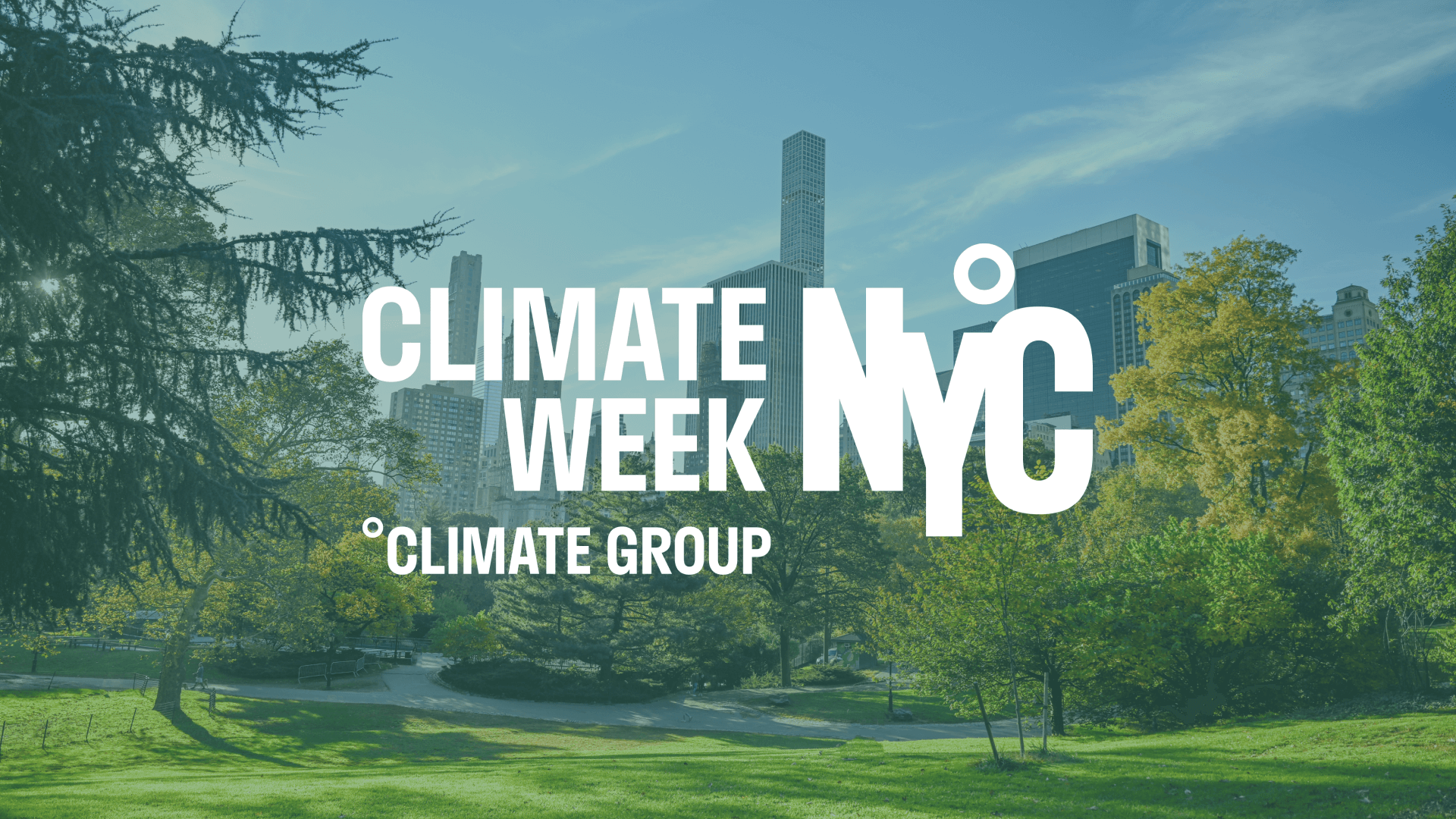New Sustainable Crisis Response Guide Launched for Central Banks
A new guide designed to provide central banks and financial supervisors with options to align their crisis response measures with sustainability goals was launched today by the Grantham Research Institute on Climate Change and the Environment at the London School of Economics and Political Science (LSE) and the Centre for Sustainable Finance at SOAS, University of London.
Central banks and financial supervisors are playing a crucial role in shaping the responses to the crisis brought about by the COVID-19 pandemic. To avoid lock-in to a high-carbon recovery and to fulfill their mandates for financial stability, central banks and supervisors need to align their COVID-19 response measures with the Paris Agreement on climate change. This new guide provides a framework for doing so.
The guide has been designed to help ensure that climate risks are accurately reflected in central banks’ balance sheets and operations, to minimize climate-related risks for regulated financial institutions, and to support governments’ efforts to scale up sustainable finance in line with the Paris Agreement and the Sustainable Development Goals.
Lord Nicholas Stern, Chair of the Grantham Research Institute on Climate Change and the Environment and Professor of Economics and Government at the LSE said, “We face a strategic responsibility to deliver a strong and sustainable recovery from the COVID-19 crisis. This guide shows how central banks and supervisors can play their part in ensuring that we come out of the crisis in a better position to tackle climate change and deliver sustainable development.”
Numerous instruments that are already being applied by central banks and financial supervisors during the crisis can be calibrated in ways that account for climate, and other sustainability-related financial risks. The guide sets out three broad categories of measures – monetary, prudential and other – covering nine types of responses.
Nick Robins, Professor in Practice for Sustainable Finance at the Grantham Research Institute on Climate Change and the Environment said, “We are seeing increasing numbers of central banks wanting to make the bridge between action on COVID and action on climate change: this guide shows how these critically important institutions can connect the two.”
The guide is based on a careful analysis of the COVID-19 crisis response measures taken to date by the 66 monetary and financial authorities in jurisdictions that are members of the Network for Greening the Financial System, a central bank alliance.
Simon Dikau, a Research Officer at the Grantham Research Institute on Climate Change and the Environment said, “Out of the over 170 central banking and supervisory crisis response policy instruments and adjustments that we looked at, only a mere five explicitly take sustainability considerations into account.”
Looking ahead, monetary and financial authorities can take steps now that would contribute to sustainable crisis responses and prevent a further build-up of climate risks in financial institutions’ balance sheets, namely:
- Amend collateral frameworks to better account for climate change-related and other environmental risks
- Align asset purchases and refinancing operations with Paris Agreement goals
- Adjust prudential measures to avoid a manifestation of transition risks on the balance sheets of financial institutions
- Adopt sustainable and responsible investment principles for portfolio management, including policy portfolios.
Ulrich Volz, Director of the SOAS Centre for Sustainable Finance and Reader in Economics at SOAS, University of London said, “Central banks and supervisors should do whatever they can, within their mandate, to align their own COVID-19 crisis responses, as well as decision-making in the financial sector with the Paris climate goals. And there is no question that they have plenty of tools to do just that.”
Guide link: A Toolbox for Sustainable Crisis Response Measures for Central Banks and Supervisors .
For further information and for interview requests please contact Niamh Brannigan at n.brannigan@lse.ac.uk or +44 (0) 7933997989
Notes to Editors
The paper was written by Simon Dikau, Nick Robins and Ulrich Volz, and supported by the International Network for Sustainable Financial Policy Insights, Research, and Exchange (INSPIRE), an independent research network built to support the central banks and supervisors of the Network for Greening the Financial System (NGFS).
The International Network for Sustainable Financial Policy Insights, Research, and Exchange (INSPIRE) is an independent research network built to support the central banks and supervisors of the Network for Greening the Financial System (NGFS) in its work to manage climate risk and mobilise finance to support the transition to a sustainable economy. The INSPIRE secretariat is co-hosted by the Grantham Research Institute on Climate Change and the Environment and the ClimateWorks Foundation, and is guided by an Advisory Committee who provide domain expertise independently but in close interface with the work priorities of the NGFS. Philanthropic support for INSPIRE is provided by ClimateWorks Foundation. www.climateworks.org/inspire/
The Grantham Research Institute on Climate Change and the Environment was established in 2008 at the London School of Economics and Political Science. The Institute brings together international expertise on economics, as well as finance, geography, the environment, international development and political economy to establish a world-leading centre for policy- relevant research, teaching and training in climate change and the environment. It has an active body of work on sustainable finance, including carbon assessment, central banks, the just transition, resilience and sovereign bonds. It is funded by the Grantham Foundation for the Protection of the Environment, which also funds the Grantham Institute – Climate Change and Environment at Imperial College London. www.lse.ac.uk/grantham/
The Centre for Sustainable Finance at SOAS, University of London aims to advance the transition to an equitable, low-carbon economy by providing a forum for interdisciplinary research and teaching on sustainable finance and investment. It seeks to enhance the knowledge and understanding of sustainable finance in both the Global North and South and act as a focal point for policy debates in this area. www.soas.ac.uk/centre-for-sustainable-finance/
